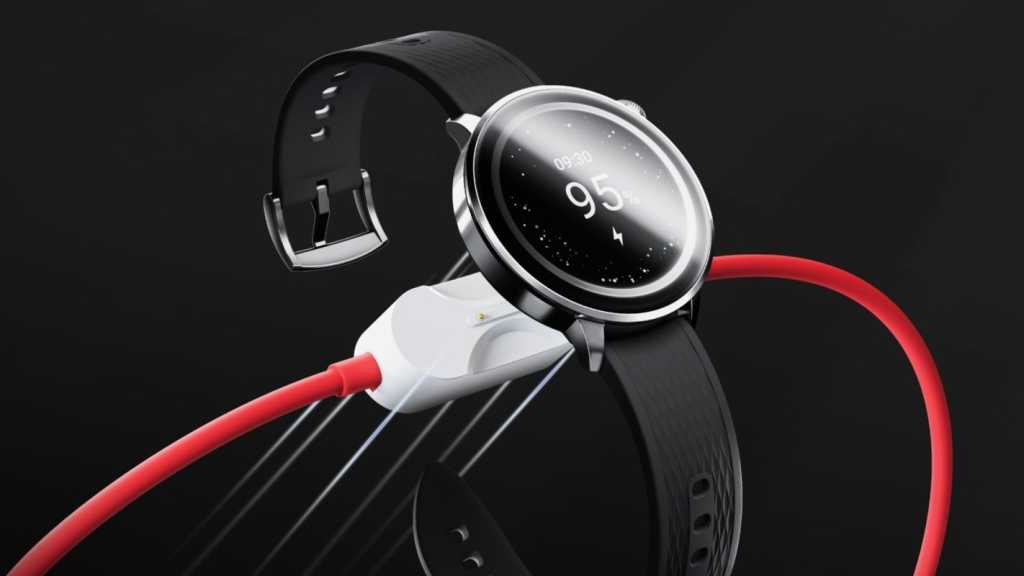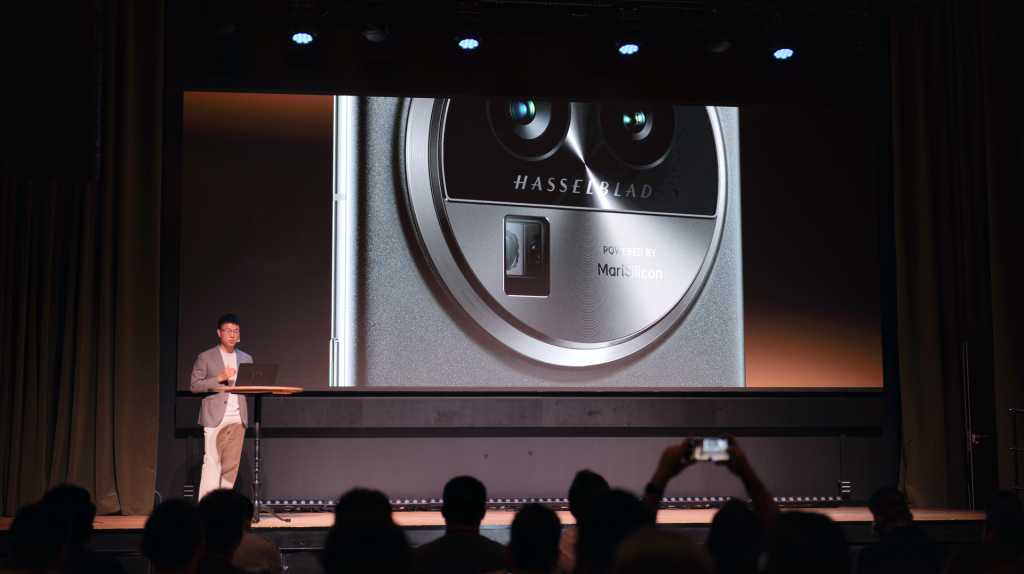Powering the Future of Mobility
The global shift toward clean and sustainable mobility is no longer a trend-it’s a global movement. At the heart of this transition lies the electric vehicle (EV) ecosystem, where EV chargers play a vital role. Acting as the lifeline for electric mobility, EV chargers are enabling countries to meet decarbonization targets, automakers to transform fleets, and consumers to adopt greener lifestyles.
As per Exactitude Consultancy, the global EV chargers market was valued at USD 12.15 billion in 2023 and is projected to reach USD 97.36 billion by 2034, expanding at a CAGR of 20.3% from 2024 to 2034. The market is being powered by an explosion of EV sales, aggressive government mandates, and rising investments in public and private charging infrastructure.
Download Full PDF Sample Copy of Market Report @
https://exactitudeconsultancy.com/request-sample/62158
Market Overview: Key Highlights and Numbers
• Market Size (2023): USD 12.15 Billion
• Forecast Market Size (2034): USD 97.36 Billion
• CAGR (2024-2034): 20.3%
• Key Market Drivers:
o Rising global EV adoption across passenger and commercial segments
o Government subsidies, tax breaks, and zero-emission mandates
o Expansion of fast-charging networks in urban and highway locations
o Advancements in lithium-ion batteries and charging speed
• Key Challenges:
o High installation and maintenance costs for fast chargers
o Grid capacity and peak load management issues
o Uneven infrastructure rollout across rural areas
• Leading Players:
o ABB
o Siemens
o Tesla
o ChargePoint
o Schneider Electric
o Blink Charging
o EVBox
o Delta Electronics
o Webasto Group
o Tritium
These companies are investing in intelligent software integration, ultra-fast charging hardware, and partnerships with fleet operators and governments.
Segmentation Analysis
By Type:
• AC Charging
• DC Fast Charging
By Application:
• Commercial
• Residential
By Charging Level:
• Level 1
• Level 2
• Level 3
By Connector Type:
• CHAdeMO
• Combined Charging System (CCS)
• Type 1 (J1772)
• Type 2 (Mennekes)
• Tesla Supercharger
By Vehicle Type:
• Battery Electric Vehicles (BEV)
• Plug-in Hybrid Electric Vehicles (PHEV)
Segmentation Summary:
DC fast chargers and Level 3 stations are expected to dominate revenue share, especially in commercial and fleet charging hubs. While residential charging is crucial for overnight home-based use, governments and corporations are heavily investing in public charging corridors, particularly those supporting CCS and Type 2 connectors for universal compatibility.
Explore Full Report here: https://exactitudeconsultancy.com/reports/62158/global-ev-chargers-market
Regional Analysis
North America
• Driven by federal funding (like the NEVI program in the U.S.) and state-level EV mandates.
• Tesla, ChargePoint, and Blink dominate the network.
• Canada’s zero-emission targets further boost investments.
Europe
• Home to the strongest EV adoption rates (Norway, Netherlands, Germany).
• The EU’s Alternative Fuels Infrastructure Regulation (AFIR) mandates dense public charger availability.
• Siemens, EVBox, and ABB lead the regional charge.
Asia-Pacific
• Largest market by volume, led by China’s aggressive EV and infrastructure policies.
• India and Southeast Asia are emerging as key players with urban fleet electrification.
• Chinese players like BYD and State Grid dominate local installation.
Middle East & Africa
• GCC countries (UAE, Saudi Arabia) are investing in EV charging to support luxury EV adoption and clean energy agendas.
• Early-stage infrastructure development in Sub-Saharan Africa.
Latin America
• Brazil, Chile, and Mexico ramp up EV incentives but face infrastructure gaps.
• Local governments and utilities are initiating pilot programs for urban charging.
Regional Summary:
Asia-Pacific leads in absolute volume, while Europe dominates in density and regulatory strength. North America is catching up rapidly, driven by high-speed corridor initiatives and EV OEM commitments.
Market Dynamics
Key Growth Drivers
• Global EV Boom:
The International Energy Agency (IEA) forecasts that over 60% of new car sales globally will be electric by 2030. This explosion directly fuels the demand for EV chargers across all categories.
• Government Mandates and Incentives:
Countries are rolling out EV infrastructure targets, subsidies, tax credits, and zero-emission vehicle (ZEV) mandates to accelerate EV adoption and charging network deployment.
• Advances in Charging Speed and Battery Tech:
The rise of 800V battery architectures and liquid-cooled cable systems supports charging speeds of up to 350kW, allowing EVs to charge in under 20 minutes.
• Private-Public Collaborations:
Partnerships between EV OEMs, governments, utilities, and real estate developers are accelerating both urban and rural charger deployments.
Key Challenges
• Grid Infrastructure and Peak Load:
Fast chargers place enormous strain on electrical grids, especially in areas without modernized infrastructure. Grid balancing and smart charging systems are critical.
• Upfront Investment Costs:
While residential chargers are relatively affordable, commercial fast chargers can cost between $25,000 and $200,000 per unit with installation.
• Fragmentation and Compatibility:
The coexistence of multiple charging standards (CHAdeMO, CCS, Tesla) often creates interoperability issues and consumer confusion.
Latest Trends
• Vehicle-to-Grid (V2G) Integration:
Bi-directional charging enables EVs to send power back to the grid, contributing to energy stability and opening up new revenue streams.
• Wireless and Inductive Charging:
Pilot programs are testing pad-based charging that eliminates cables and enables automated charging in fleet applications.
• AI-Optimized Charging Networks:
AI is used to optimize energy distribution, station load balancing, dynamic pricing, and predictive maintenance.
• Subscription-Based Charging Models:
Similar to telecom models, companies offer fixed monthly rates for unlimited or bundled charging sessions.
Get Your Exclusive Offer with up to 10% Discount : https://exactitudeconsultancy.com/purchase/?currency=USD&type=single_user_license&report_id=62158
Competitive Landscape
Key Players and Strategies
1. ABB:
Offers high-power DC chargers (up to 600kW), with a global footprint and smart grid integration tools.
2. Tesla:
Operates one of the largest fast-charging networks globally; its proprietary Supercharger network is opening to non-Tesla EVs in select regions.
3. ChargePoint:
Focused on North America and Europe; offers hardware plus cloud-based charging management software.
4. Siemens:
Collaborating with utility providers and cities to build sustainable EV infrastructure in Europe and Asia.
5. Blink Charging:
Known for rapid deployments across commercial locations in the U.S., including retail, hospitality, and public parking.
6. EVBox:
Focuses on modular charging stations and scalable solutions for urban and semi-urban settings.
7. Delta Electronics, Webasto, Tritium, Schneider Electric:
Offer broad portfolios covering home, fleet, and highway charging applications with smart energy management.
Competitive Summary:
The EV charging market is highly competitive but fragmented, with regional specialists and global tech giants coexisting. Companies that offer hardware-software integration, flexible payment models, and modular designs are well-positioned for long-term scalability.
Conclusion: Full Speed Ahead for EV Charging Infrastructure
The global EV chargers market is more than just a segment of automotive infrastructure-it is a cornerstone of the sustainable mobility revolution. With the convergence of electric vehicle adoption, clean energy policies, and tech-enabled infrastructure, the next decade will witness massive transformation.
From home chargers to nationwide ultra-fast corridors, the EV charging ecosystem is expanding in size, intelligence, and accessibility. Players who innovate in ultra-fast charging, AI-based load management, interoperability, and customer experience will shape the future of this high-growth market.
The outlook through 2034 is unequivocally positive, marked by accelerating deployment, favorable policy frameworks, and evolving consumer behavior.
This report is also available in the following languages : Japanese (EV充電器市場), Korean (EV 충전기 시장), Chinese (电动汽车充电器市场), French (Marché des chargeurs pour véhicules électriques), German (Markt für EV-Ladegeräte), and Italian (Mercato dei caricabatterie per veicoli elettrici), etc.
Request for a sample of this research report at (Use Corporate Mail ID for Quick Response) @https://exactitudeconsultancy.com/reports/62158/global-ev-chargers-market#request-a-sample
Related Reports:
Electronic Grade Polysilicon Market
https://exactitudeconsultancy.com/reports/61225/global-electronic-grade-polysilicon-market
Battery Grade Manganese Sulphate Market
https://exactitudeconsultancy.com/reports/61227/global-battery-grade-manganese-sulphate-market
Insulated Product Market
https://exactitudeconsultancy.com/reports/61229/global-insulated-product-market
About Us
Exactitude Consultancy is a market research & consulting services firm which helps its client to address their most pressing strategic and business challenges. Our market research helps clients to address critical business challenges and also helps make optimized business decisions with our fact-based research insights, market intelligence, and accurate data.
https://bulletin.exactitudeconsultancy.com/
https://www.thehealthanalytics.com/
https://www.analytica.global/
https://www.marketintelligencedata.com/
https://www.marketinsightsreports.com/
https://exactitudeconsultancy.com/
Connect Us:
Irfan Tamboli
PHONE NUMBER +1 (704) 266-3234
EMAIL ADDRESS: sales@exactitudeconsultancy.com
This release was published on openPR.


